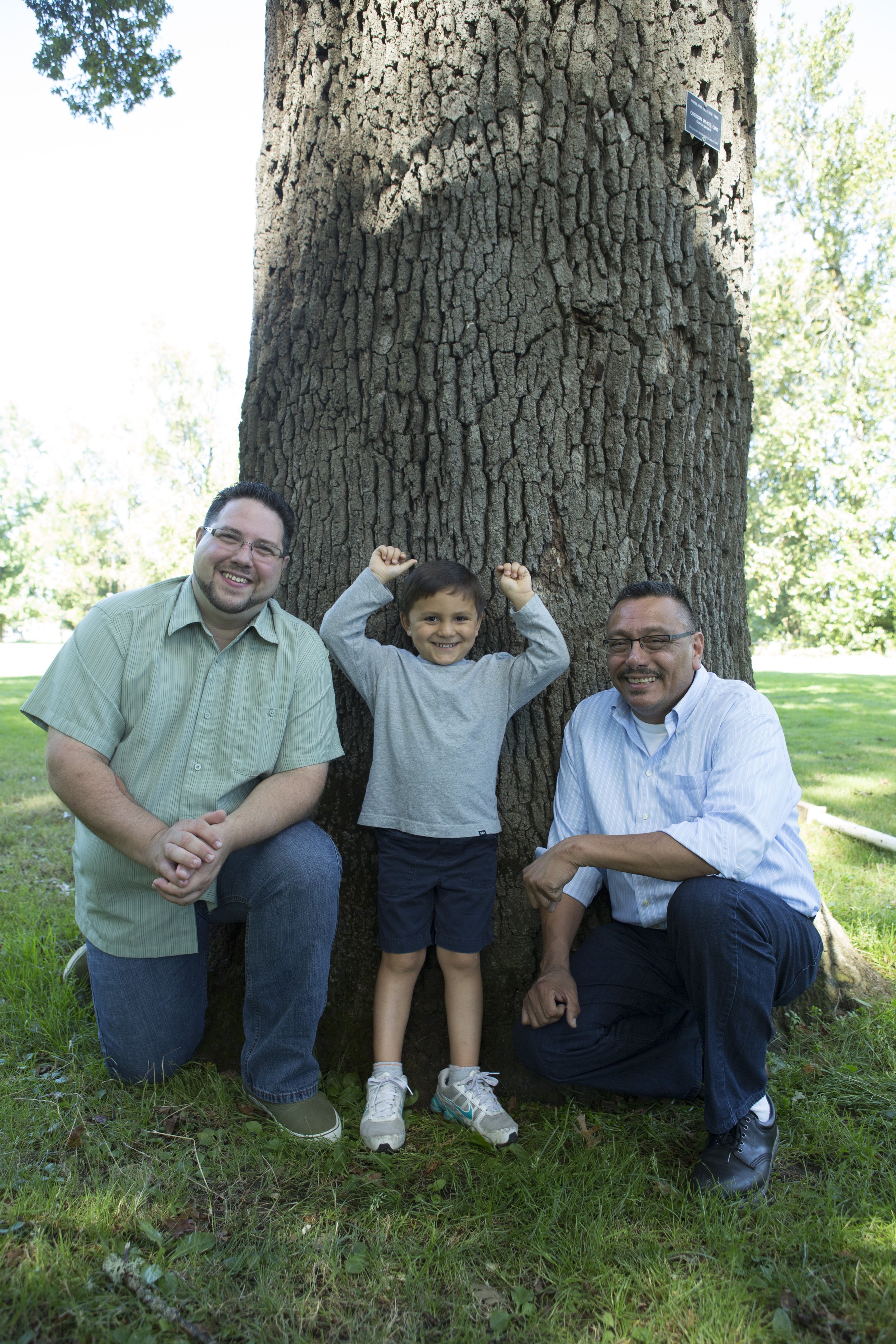Myths About Foster Parenting
Being a foster parent is a rewarding role. You get to meet great kids, do something good for your community, and even have some fun along the way. However, Oregon has more youth in foster care than foster parents, and that may be because of the many misconceptions about who can become a foster parent.
Let’s address some of the myths about foster parenting and what the facts actually are.
Myth: I have to be married or in a relationship to be a foster parent.
Fact: In general, there is no relationship requirement to become a foster parent. Single providers, partnered couples, and married couples are welcome! However, some programs at Boys & Girls Aid recommend a two-parent household due to the high level of supervision required for our youth.
Myth: Members of the LGBTQ+ community can’t be foster parents.
Fact: Your sexual orientation does not affect your ability to be a foster parent. Boys & Girls Aid is not religiously affiliated and welcomes the LGBTQ+ community. In fact, we are in need of LGBTQ+ families as we serve a lot of youth from the community, and having someone support them who fully understands what they are going through is very beneficial.
Myth: I have to own my home to be a foster parent.
Fact: As long as you have stable housing, it does not matter if you rent or own. Many foster parents live in rentals. However, Boys & Girls Aid requires that foster homes have a separate bedroom for each foster youth living in their home.
Myth: I can make a living doing just foster parenting.
Fact: Although you get a stipend for fostering youth, that should not be your only source of income. The stipend is to be used for the youth’s needs (food, clothing, activities). At Boys & Girls Aid, we offer monthly stipends of $1,200-$3,500 per month per youth in your home.
Myth: I can’t have biological children living in my home if I’m a foster parent.
Fact: Many of our foster parents have biological children. However, foster youth must have their own bedroom, and can’t share one with biological children or other foster youth.
Myth: I can't foster if I do not have children or experience working with children.
Fact: Having children or experience working with youth is not required to become a foster parent. During the certification process, you will go through various training courses to prepare you for caring for youth. Boys & Girls Aid also offers 24-hour staff support to answer questions, provide guidance and assist with emergencies so you never feel alone.
Myth: I have to have a degree in psychology or a certain level of education to become a foster parent.
Fact: There are no education requirements for becoming a foster parent. During the certification process, you will receive training to prepare you for caring for youth. Foster parents also have additional ongoing training opportunities.
Myth: If I've ever gotten in trouble with the law, I am automatically disqualified from being a foster parent.
Fact: While all our foster parents are required to undergo a background check, a previous charge does not automatically disqualify you from fostering. Our team will take into account the type and severity of the charge, as well as how long ago it happened to determine if you are eligible to become a foster parent.
There are a few more things to keep in mind if you’d like to be a foster parent with Boys & Girls Aid. Our agency serves Multnomah, Washington, and Clackamas counties in Oregon. You must live in one of these counties to be a foster parent for us. We also require that you have a vehicle in order to transport youth to necessary appointments.
If you’ve ever considered becoming a foster parent, now is the time. Over 5,000 youth are in Oregon’s foster care system each day, and there are not enough foster homes to house them all.
To learn more, sign up for an information session or contact Hallie Campbell, Outreach & Certification Coordinator at 503-544-7003 or hcampbell@boysandgirlsaid.org.



